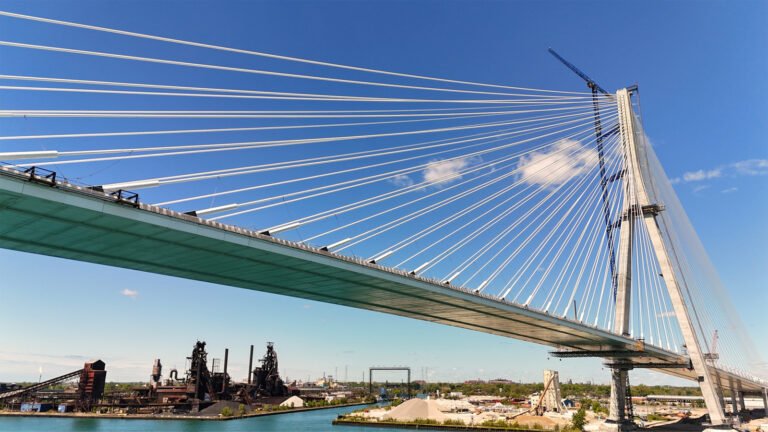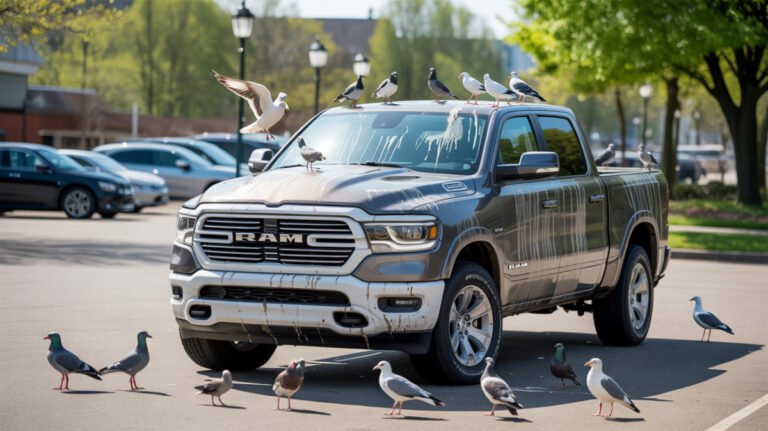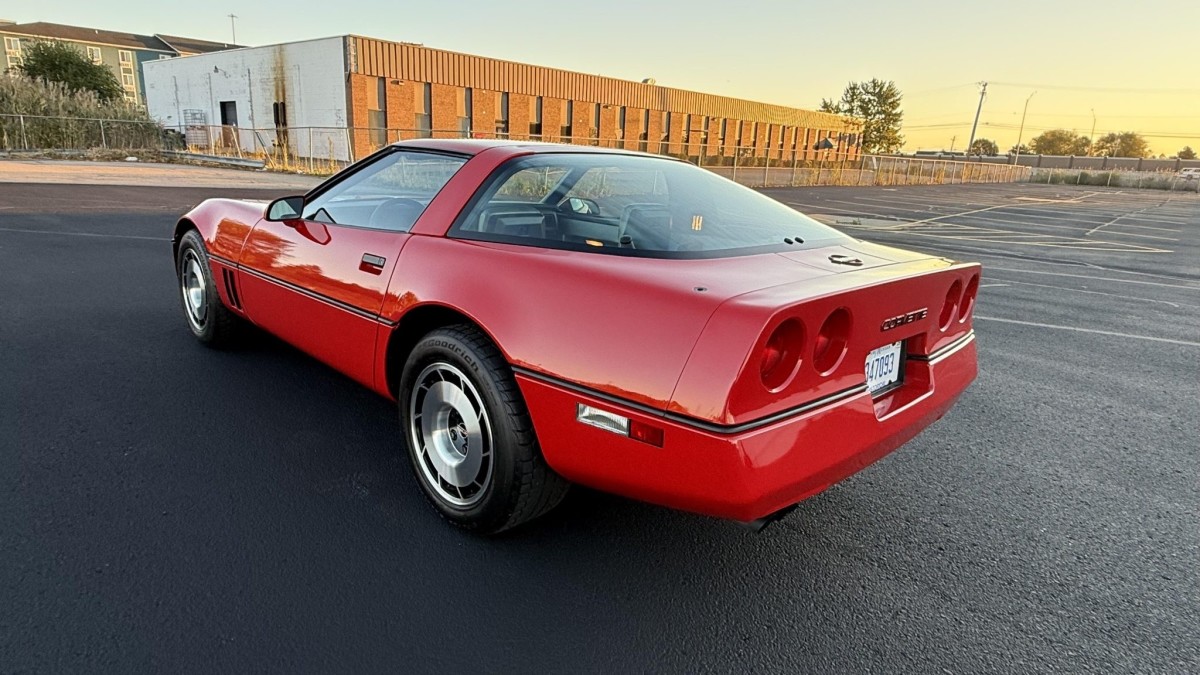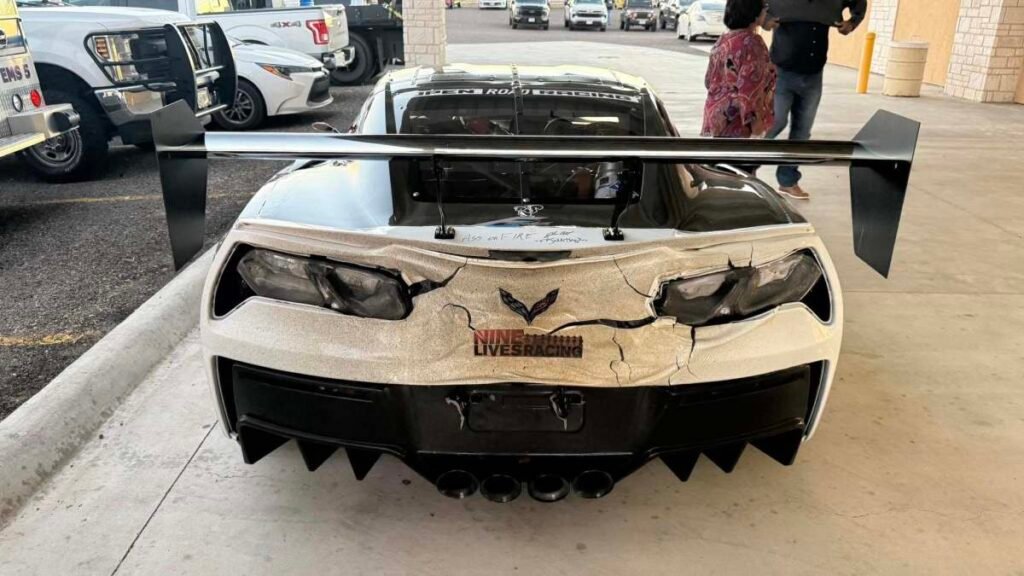
While C8 Corvette owners have been dealing with issues related to fires that prompted a recall, they had nothing on John Anhalt when he attempted to break the speed record at the Big Bend Open Road Race in Texas with his 2019 Corvette ZR1. Not only did he take home the record, but he also cooked his own tail panel and gave his car a new nickname, Toasted Marshmallow.
Anhalt and co-pilot Kelli Hughes broke the speed record with their heavily modified 1,000+ HP Corvette ZR1. They posted a two-way average speed of 173.004 MPH over a 118-mile course. This is 17 MPH faster than the current record, held by Tom Whalen since 2013. What made this run special was the amount of mechanical stress that the car endured. With sustained heat exposure, Anhalt’s Corvette literally melted it’s own rear end.
Big Bend Open Road Race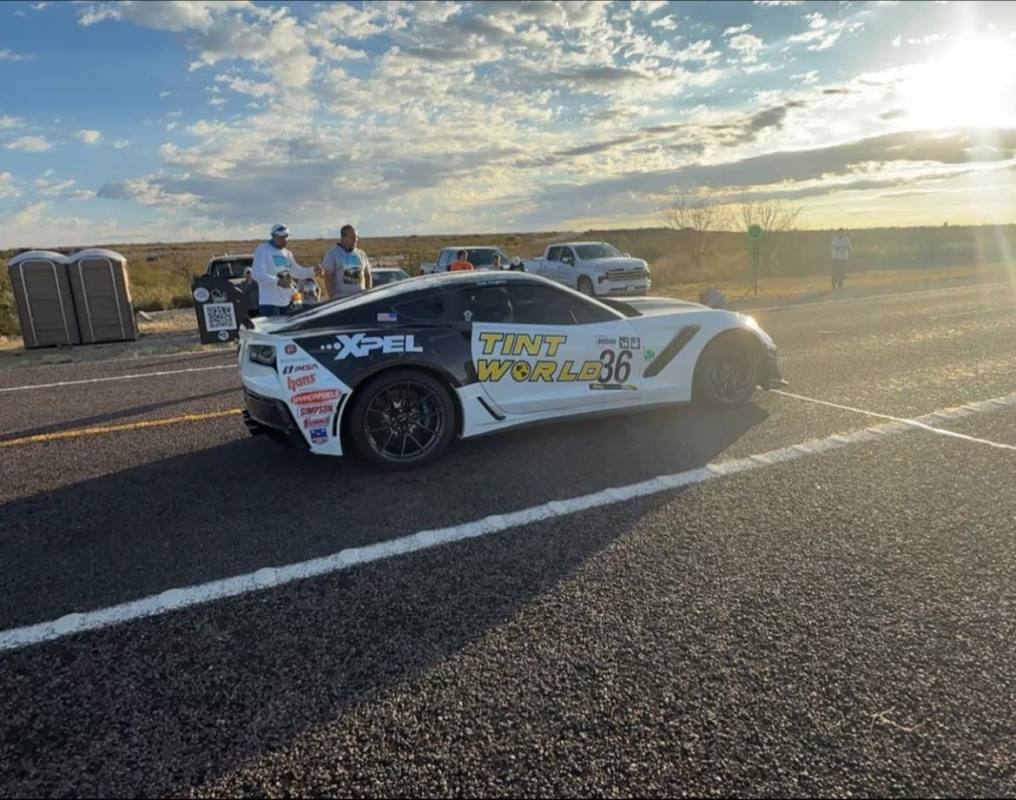
The Most Extreme Legal Speed Competition In America
The Big Bend Open Road Race is considered one of the most extreme and competitive speed events in America. This competition takes place on a 59-mile stretch of Highway 285 in Texas between Fort Stockton and Sanderson. During this competition, competitors transform the two-lane public road into a high-speed test track featuring long straightaways over 1-mile long. To compensate for wind and elevation, competitors drive in opposite directions, then calculate their average speed across both drives.
Chevrolet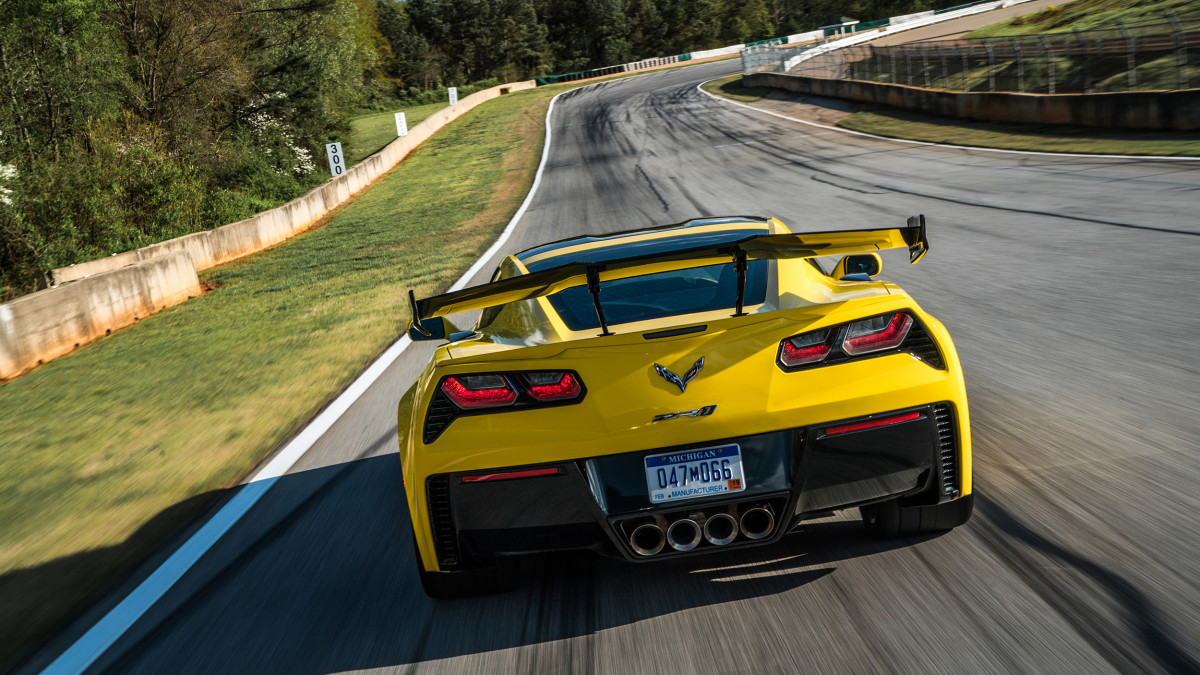
Anhalt’s Corvette came from the factory with a 755-horsepower LT5 supercharged V-8 engine. However, Anhalt has turned up the heat on his motor, including modifying the cylinder heads, supercharger and exhaust system. These upgrades push power to north of 1,000 hp. The straight piped exhaust meant the Corvette made a deafening roar throughout the entire 41 minutes of running time, but also let it breath free enough to run at 200 mph for most of the timed run. It’s no wonder then this Corvette literally cooked its own tail.
Big Bend Open Road Race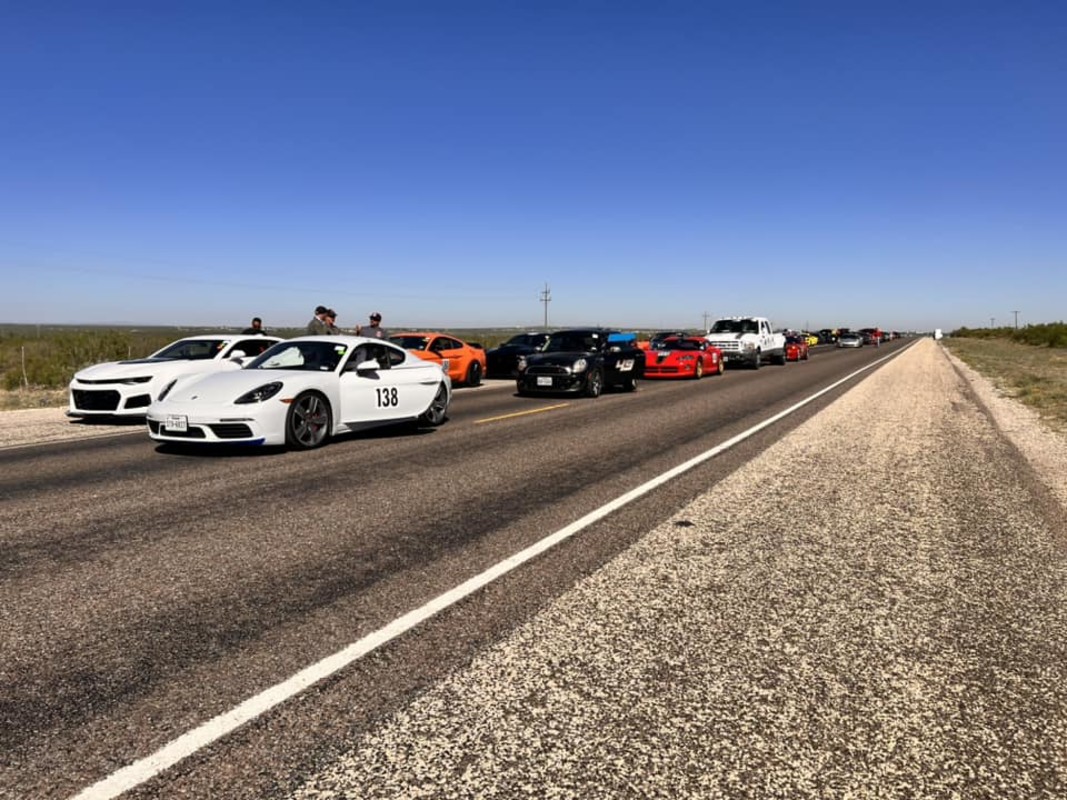
How the Corvette Fire Risk Recall Came About
Not to be confused with a high-strung race car running at max effort for nearly an hour, several C8 Corvette owners have also had their own run-in with flames curling out the back of their sports cars. The corvette fire risk is caused by a design flaw that could allow fuel vapors or spilled fuel to be directed towards the path of a hot engine by cooling fans, causing the opposite of what the fans were meant to do. General Motors voluntarily recalled over 23,000 units of the 2023 to 2026 C8 Corvette Z06 and the 2025 to 2026 Corvette ZR1 due to this risk.
So, although this recall addresses potential issues related to fueling the C8 Corvettes, there’s nothing in there about running your C7 ZR1 at high speeds in the pursuit of breaking records. In our minds, that’s a risk worth taking.
